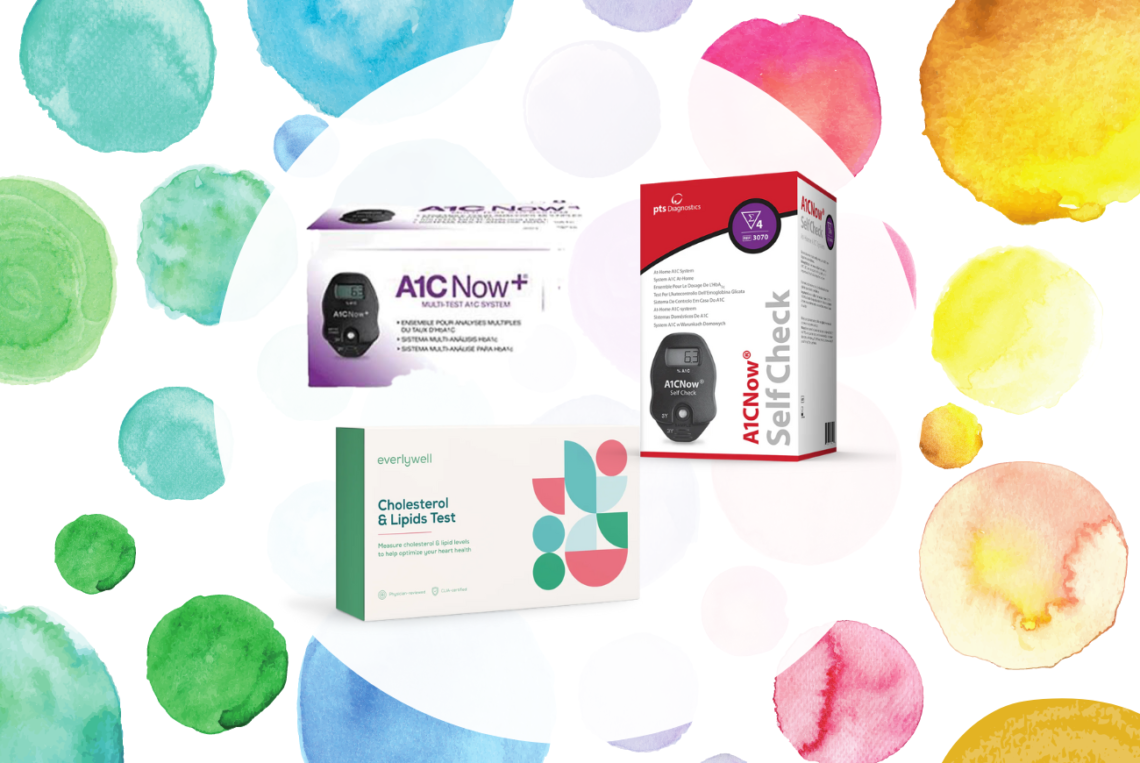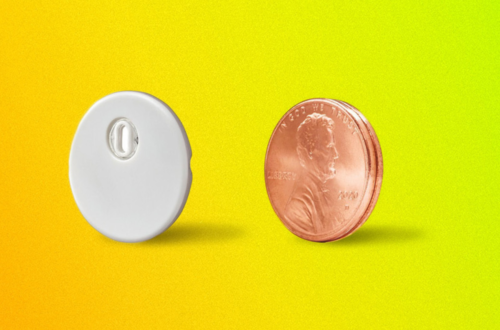
At Home A1c Test Kits
An at-home A1c test kit can be a valuable metabolic screening tool for detecting elevated blood sugars due to insulin resistance, a key precursor of type 2 diabetes. These kits provide a convenient way to monitor and assess metabolic health status, especially for those who may be considered higher risk.
What is an At Home A1c Test Kit?
The A1c test provides a three-month average of blood sugar levels by measuring the amount of glucose molecules attached to hemoglobin proteins on red blood cells. To perform the test, a small blood sample from a finger stick is applied to a strip and then inserted into the testing kit, providing results within minutes.
Further Evaluation After an Abnormal Value
A “normal” A1c typically ranges from 4.0 to 5.6%. If an A1c is 5.7% or higher, it may indicate Insulin resistance, a condition in which cells become less responsive to insulin produced by the pancreas. This condition is considered a precursor to type 2 diabetes.
Factors such as a high body fat percentage, a sedentary lifestyle, age over 40, or belonging to a higher-risk race or ethnicity can also contribute to an increased risk of blood sugar problems.
Any concerns regarding A1c results should be addressed and discussed with a licensed healthcare professional.
Limitations of At Home A1c Test Kits
Home A1c kits are not diagnostic due to the variability in accuracy and quality. Depending on the brand, these kits may show results up to 1% higher or lower than those from a lab test. This variance can be attributed to differences in equipment and the quality of the blood sample. Generally, blood drawn from a vein is more reliable than a droplet from your fingertip. They are note designed to substitute routine preventive healthcare.
Certain individuals may show falsely low results during pregnancy, post-blood transfusion, or due to conditions affecting red blood cells, such as hemolytic anemia or sickle cell disease. Conversely, falsely elevated results can occur with conditions prolonging red blood cell life, like iron deficiency anemia or high vitamin C intake.
At home kits should be stored and handled appropriately. Never use an expired kit. If the packaging is ripped or you suspect it may have been exposed to heat or cold, throw it away.
Key Takeaways
At home A1c test kits are valuable screening tools for the general public. For individual that have had an elevated A1c, it’s preferable to undergo a laboratory test under the supervision of a licensed healthcare team.


You May Also Like

Nutrition Strategies for Managing Postprandial Glucose
July 6, 2022
Product Review: Freestyle Libre 3
December 19, 2022
